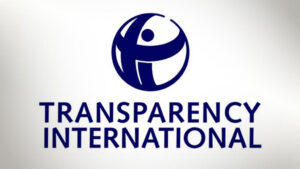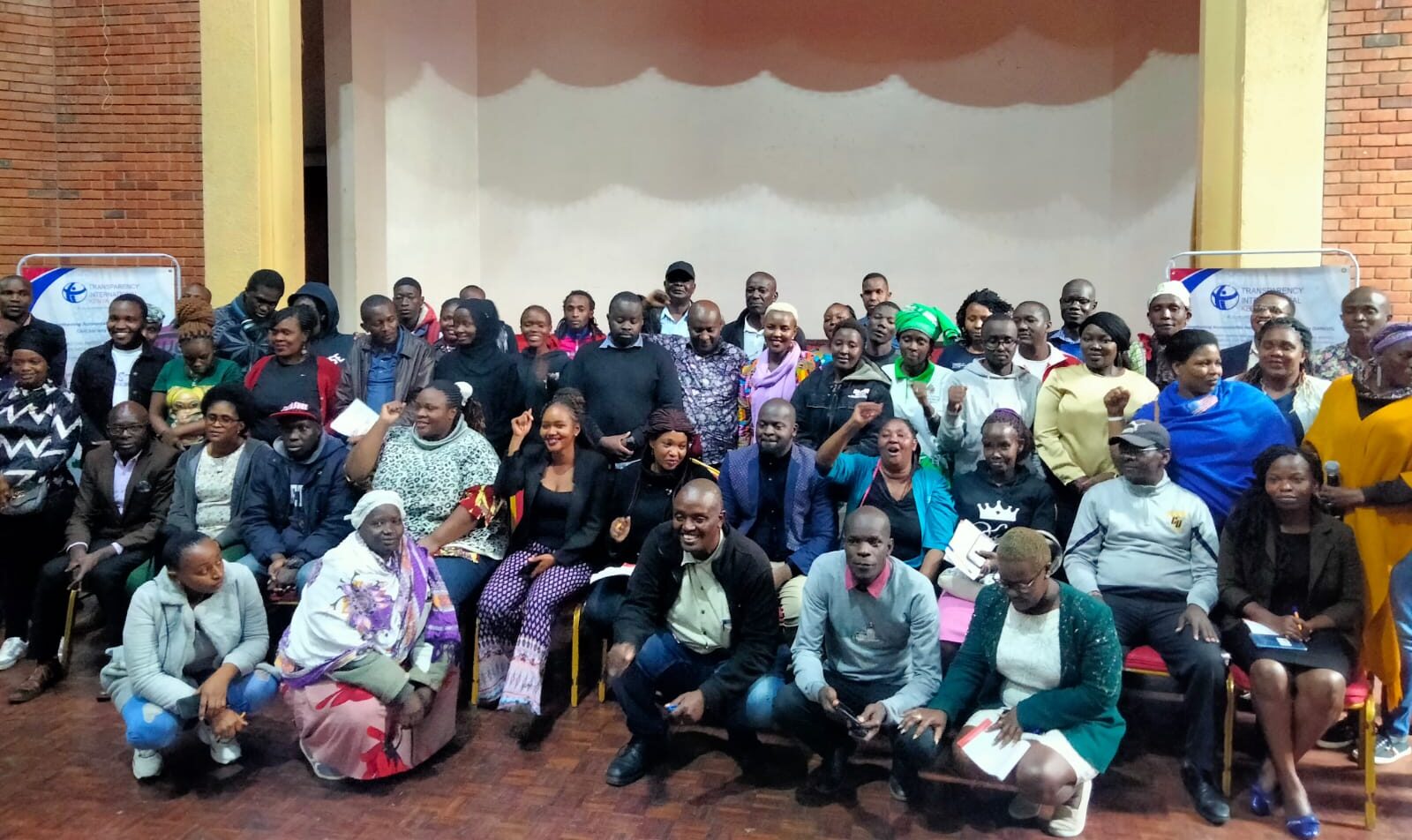Movement for Political Accountability- Kenya (MOPA-K), a consortium of civil society groups, community based organizations has joined hands with Transparency International, a non-profit organization which advocates for good governance, social justice and corrupt free society to keep President William Ruto’s Kenya Kwanza administration in check.
MOPA-K is faulting the Kenya Kwanza for beginning on the wrong foot by deviating from its key campaign promises to implementing projects that serve their selfish interests and not addressing turgent needs of the Kenyan people like high cost of living.
President Ruto during his campaigns promised to reduce the cost of maize from Sh230 to Sh.100 in his first week in on office but has since extended that promise to twelve months.
The group argues that government is not focused on the four pillars of its manifesto which includes Agriculture, Healthcare, Affordable Housing and Education.
Agriculture
The new government has failed to demonstrate how it aims to fix Agriculture which is the backbone of the economy and a solution to sky rocketing food prices.
Apart from announcing the reduction of the cost of fertilizer from Sh7500 to Sh3, 500, Kenya Kwanza remains blind on a clear roadmap to meet its promise of guaranteed market for Kenyan farmers. How it will eliminate brokers and how it finance irrigation and construction of dams to address the changing weather patterns and long and frequent droughts which are failing rain-fed Agriculture.
It notes that Ruto’s government doesn’t seem committed to put in place legislations that will protect Kenyan farmers against cheap and sub-stand imports from neighboring countries and infiltration of middlemen.
MOPA-K plans to petition parliament, picket and call out the government to rise up the occasion and make Agriculture an attractive enterprise and ensuring that it’s taught in all Kenyan schools as a compulsory subject.
In its opposition to the lifting of ban on GMOs in the Kenyan market, the group is challenging President Ruto to focus on long term solutions and not deviate into dangerous shorts cuts.
The group opposes introduction of GMOs as a solution to food insecurity and challenges the new government to encourage farming of indigenous crops which pose no threats to human health and nutrients of the soil.
MOPA argues that the government ought to have conducted civic education to sensitize the public about the dangers of GMOs which include infertility and cancer among other serious threats.
Also, the government is not clear on how it plans to make farming affordable when farmers want high returns as consumers demand for cheap products and how it will make insurance for livestock in ASAL areas possible.
Education
Kenya Kwanza in its campaign vowed to scrap Competency Based Curriculum (CBC) but shifted goal posts to reviewing it upon ascending to power. Deputy President Hon. Rigathi Gachagua has in fact stated that they are not going to scrap, change or add a dot to CBC.
The new curriculum has been met with mixed reactions since its inception with many arguing that it overburdens learners, teachers were not adequately trained to implement it, it’s costly and its introduction was rushed before appropriate infrastructure was put in place.
These concerns shared by the drafters of Kenya Kwanza manifesto but the administration is now mute on them.
The activists’ group is challenging the new government to walk the talk on its promise on free education from pre-school to university. They pocked holes on Kenya Kwanza’s change of mind that includes scrapping HELB which has benefitted many learners from poor backgrounds, to plans to stop funding public universities.
It is warning Kenyans that the new government’s policies will discriminate the poor and make education a preserve of the rich.
MOPA notes that a serious government should streamline educate by setting fee standards and meeting its promise of employing 58,000 teachers every year to fix the current deficit.
Healthcare
In its manifesto, Kenya Kwanza appreciated that Healthcare system as one area that many countries struggle to achieve giving an example of how wealthy countries were also exposed by the Covid-19 pandemic.
They committed to fully finance public healthcare (preventive, promotive and basic diagnostic services) that gives patients choice between public, faith based and private providers based on a regulated tariff.
Ruto also promised a seamless health insurance system comprising a mandatory national insurance (NHIF) and a private insurance as complementary covers, with NHIF as the primary and private as the secondary cover.
But since taking charge, the group has observed that Health is no longer a priority of the new regime as it has scrapped out programmes that benefitted Kenyan women like ‘Beyond Zero’ which pushed for an end to maternity deaths.
It will sensitize Kenyans through picketing, conferences, petitions and lobbying like-minded institutions to ensure that the new regime recognizes HEALTHCARE as a fundamental human right that should be available to all Kenyans at all times.
MOPA is pushing Kenya Kwanza to ensure there adequate hospitals, qualified doctors and medication in all public health facilities. It also wants Ruto’s government to end the confusion on how health is a devolved function as they plan to collect views from the public to make NHIF more efficient.
Affordable Housing
Kenyan Constitution recognizes housing as a basic social and economic right and Kenya Kwanza’s manifesto noted that the requirement for new urban housing is about 250,000 per year against the current production of 50,000 units which translates to a deficit of 200,000 units.
MOPA says Kenya Kwanza has no funding plan to realize the ambitious plan and its current implementation formula will not fix the deficit. Many questions remain unanswered as government continues to launch projects for PR purposes but no real works is really on the ground.
The group is criticizing Kenya Kwanza’s housing plan arguing that it stands to fail like the Boma Yetu Initiative of the Kibaki regime; an elephant project which only benefited politicians.

MOPA-K leaders include Bradley Ouna- National Convener, Christine Khabuya – Secretary, Lilian Muthike – Member, Robert Rotich – Rift Valley Coordinator and Duncan Oluoch – Media liaison.
Other activists working with MOPA-K includes Beatrice Karore –Coordinat, Wanawake Mashinani Initiative (WMI), Ruth Mumbi of E.D Women Collective-Kenya, and Veronica Atieno of Women in the Grassroots Uprising Initiative (WIGS) and Julia Njoki- Chairperson of Hospital Women Network.


















